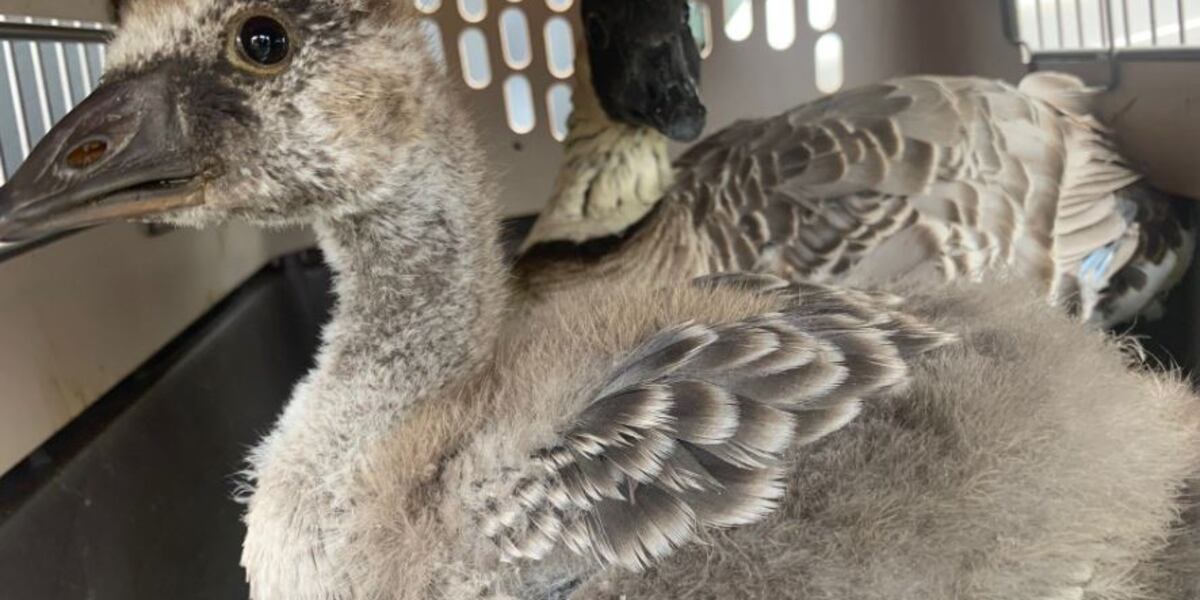In Hilo, Hawaii, a recent incident has raised concerns about the safety of native wildlife and the importance of conservation efforts. Doreen Torres, a 66-year-old resident of Hilo, was cited by the DLNR Division of Conservation and Resources Enforcement (DOCARE) for allegedly feeding Nene in Queen Liliʻoukalani Park and Gardens. This action has sparked worries among wildlife officials, particularly due to the potential risks posed to the endangered Hawaiian geese known as Nene.
Torres received two citations for violating state endangered and threatened species laws, which strictly prohibit the feeding of protected wildlife. DOCARE officers observed Torres putting out food for Nene on multiple occasions, including Wednesday and last Saturday. The concern arises from the possibility that Nene, being attracted to the food, might consume cat food, which could pose health risks to them.
The severity of the situation is underscored by the recent tragic death of a one-month-old Nene gosling in the park. Investigators suspect that toxoplasmosis, a disease transmitted through the feces of cats, may have contributed to the gosling’s demise. This incident serves as a stark reminder of the vulnerability of native wildlife populations and the importance of safeguarding their habitats.
In response to these developments, the DLNR issued a news release outlining the concerns expressed by wildlife biologists regarding the feeding of cats in public spaces, particularly within Queen Liliʻuokalani Park. The release underscores the potential harm posed to native wildlife populations and emphasizes the critical role of adhering to conservation regulations.
Torres is scheduled to appear in Hilo District Court on June 21 to face charges of misdemeanor offenses. Her actions serve as a reminder of the need for public awareness and education regarding the protection of endangered and threatened species. By respecting wildlife habitats and refraining from activities that may endanger them, individuals can contribute to the preservation of Hawaii’s unique and diverse ecosystem.
The incident involving Torres highlights the ongoing challenges faced by conservationists in their efforts to protect Hawaii’s native wildlife. It serves as a call to action for increased vigilance and enforcement of conservation laws to ensure the continued survival of endangered species like the Nene. Through collective efforts and responsible stewardship, communities can help safeguard the natural heritage of Hawaii for generations to come.















































